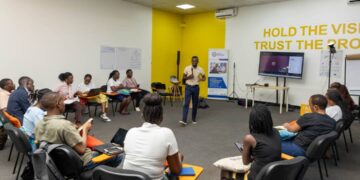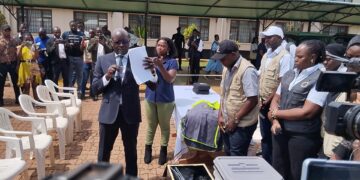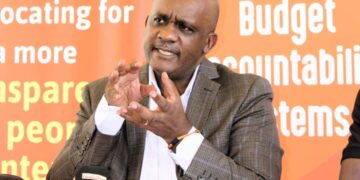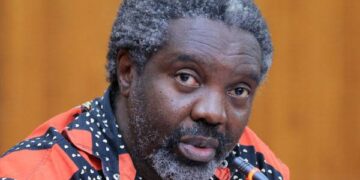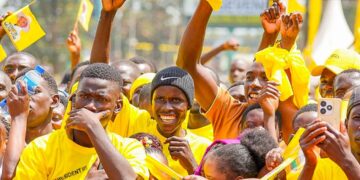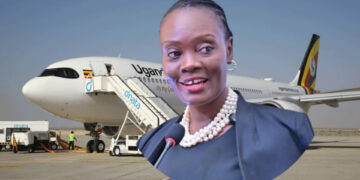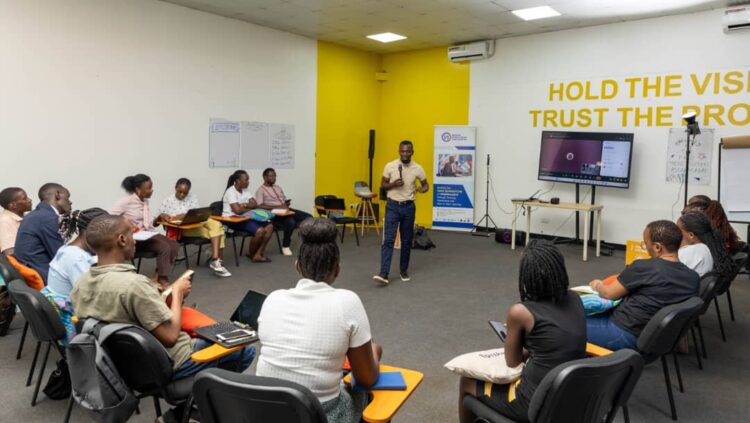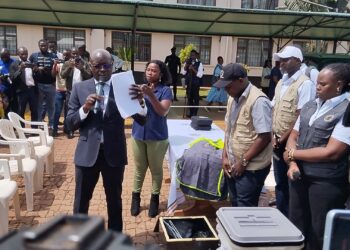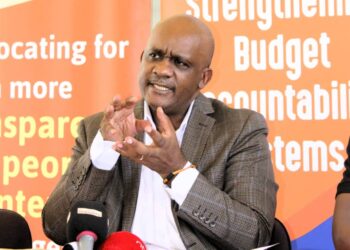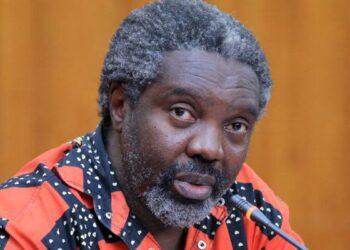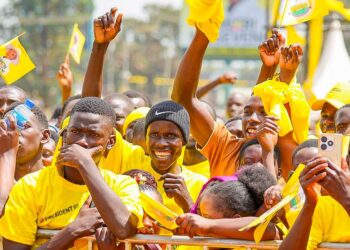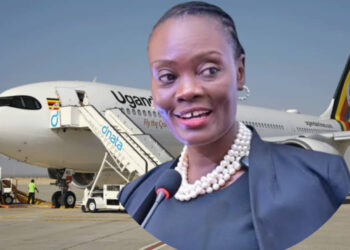KAMPALA
On September 12th and 13th, a “Fake News Boot Camp” was held at the Media Challenge Initiative in Kabalagala, Tirupati Mazima Mall. The event, part of the Fake News Fighters Initiative, brought together young people to learn how to combat fake news related to climate change.
During the training, Ska Sebata, Lead of Climate X Indigenous Voices Project from Magamba Network, emphasized the importance of this project in the fight against climate change disinformation, highlighting the need to reshape climate discourse by countering misinformation and amplifying Indigenous African perspectives.
The boot camp equipped participants with practical skills to verify information using tools like InVID, Google, Yandex, Bing, TinEye, and Baidu. Sebata shared her expertise on common myths surrounding climate change, such as the notion that it’s a natural phenomenon, or that Africa’s emissions are too small to make a difference. Matilda Mbenywe, a climate change journalist from Kenya, joined the event via Google Meet and highlighted the challenges of fighting climate disinformation in Africa, including the diversity of languages and the rapid growth of social media. She introduced the S.L.O.W. method for spotting lies: checking the source, language used, other views, and what’s missing (supportive evidence).
Trust Chikodzo from Zimbabwe also joined via Google Meet, discussing the evolution of climate lies. He noted that in the 1990s, there was outright denial of climate change, while in the 2010s, there was a shift in tactics. Today, he said, there’s a sophisticated delay tactic, where entities acknowledge climate change but try to buy time. Chikodzo exposed African delay tactics, such as “sports washing,” citing TotalEnergies’ sponsorship of AFCON while fueling the EACOP project. He also highlighted carbon market scams, where companies prioritize accounting tricks over actual emissions reduction.
Antonio Kisembo, from Media Challenge Initiative, led sessions on report writing and fact-checking, emphasizing the importance of making a claim, providing all available evidence, consulting experts, and setting out the evidence clearly.
The Fake News Fighters initiative supports African media hubs pioneering innovative ways to challenge climate disinformation. Two African media hubs, Buni Media (Nairobi, Kenya) and Media Challenge Initiative (Uganda), have been selected to participate in a hands-on brainstorming session designed to refine strategies and lay the foundation for impactful solutions. Through collaboration, technical support, and seed funding, this initiative empowers media innovators to counter false climate narratives with compelling, fact-based storytelling.
The event emphasized the importance of fact-checking and critical thinking in the fight against climate misinformation. By equipping young people with these skills, the boot camp aimed to promote a more informed and engaged citizenry on climate issues.
